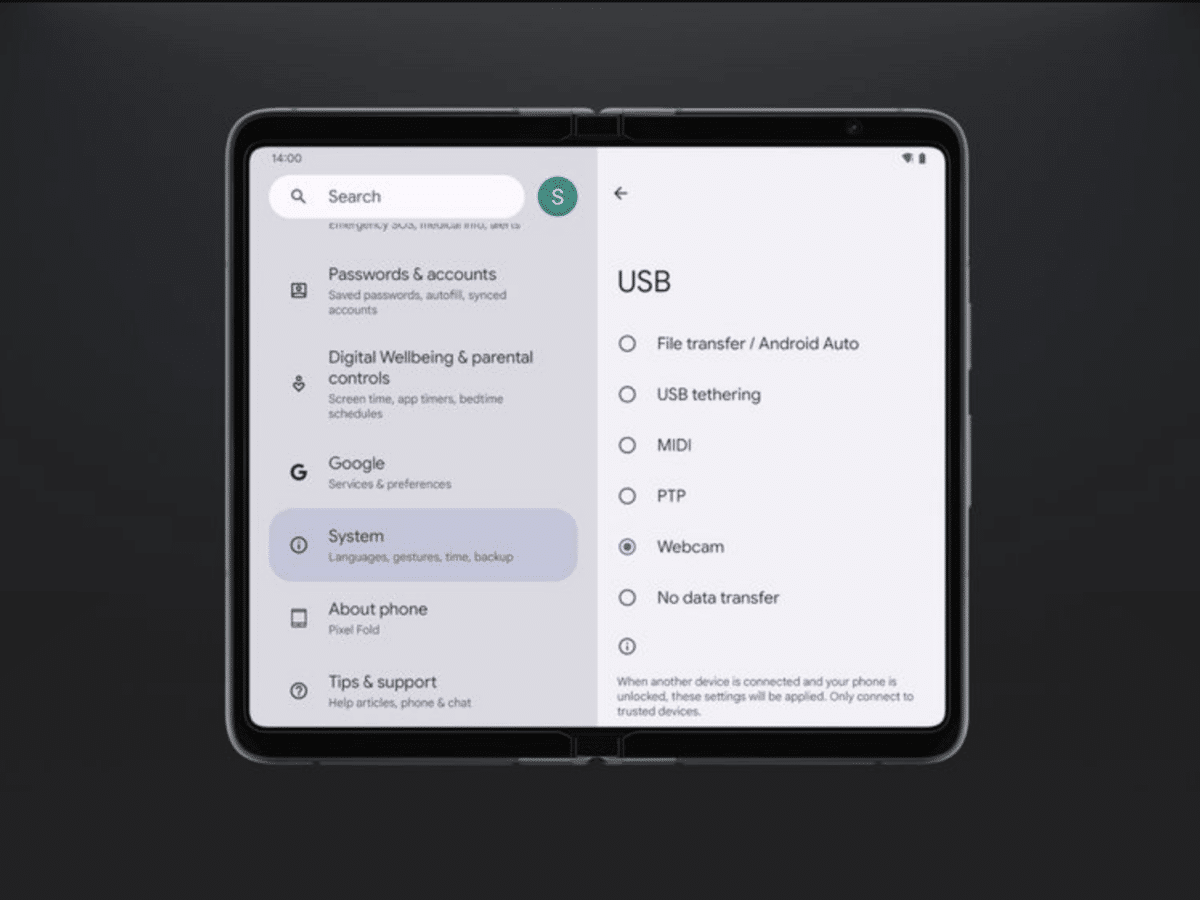Google announced in a blog post that they have managed to make their web browser Chrome 10 percent faster over the last three months in Apple’s benchmark Speedometer 2.1. At the same time, they have also improved the performance of Chrome on Android in the same test by a whopping 30 percent.

The improvement for Android is mainly for high-end devices. Here’s how Google describes the improvements:
Pointer compression is used to save memory in both V8 and Oilpan (the garbage collector for DOM objects). We made optimizations to how we compress and decompress pointers, and we avoid compressing high-traffic fields. Given how frequently these operations are done, it has a wide spread impact on performance. We also moved frequently accessed objects like JavaScript’s `undefined` to the beginning of the memory bases, allowing them to be accessed using faster machine code… Chrome on Android has always been optimized for a small footprint, but the Android ecosystem is diverse and contains devices with varying levels of capabilities. To maximize the performance of Chrome on high-end devices, we are now targeting them with a version of Chrome that uses compiler flags tuned for speed rather than binary size.
–blog.chromium.org






